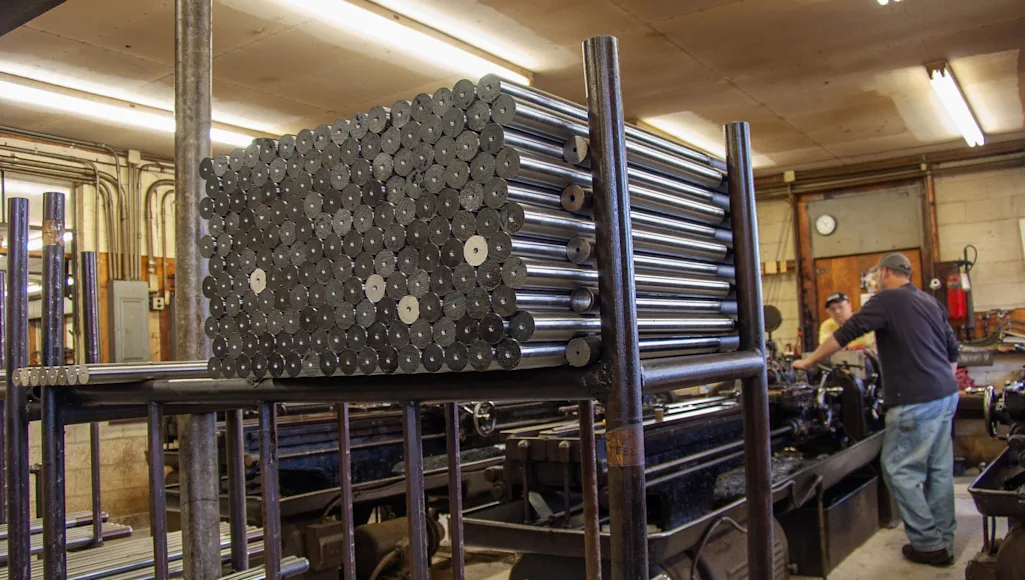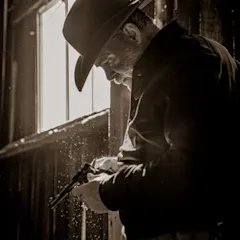We may earn revenue from the products available on this page and participate in affiliate programs. Learn more ›
A rifle’s barrel is very important. It has a great deal to do with the precision a rifle can deliver. It contributes to the overall length, weight, and balance of the rifle, and to muzzle velocity as well. Changing of a rifle barrel can give an old rifle new life or even a new chambering. There are quite a few rifle barrel makers and prices can range from as little as $250 to four times that much. Some barrels are made of chrome moly, others stainless steel, and some are even wrapped in carbon fiber. There are a lot of decisions to make when selecting a new barrel, and one of the hardest is to decide which manufacturer’s barrel to buy. Here’s a look at seven of the top rifle barrel makers out there and some of what they have to offer.
The Best Rifle Barrel Makers
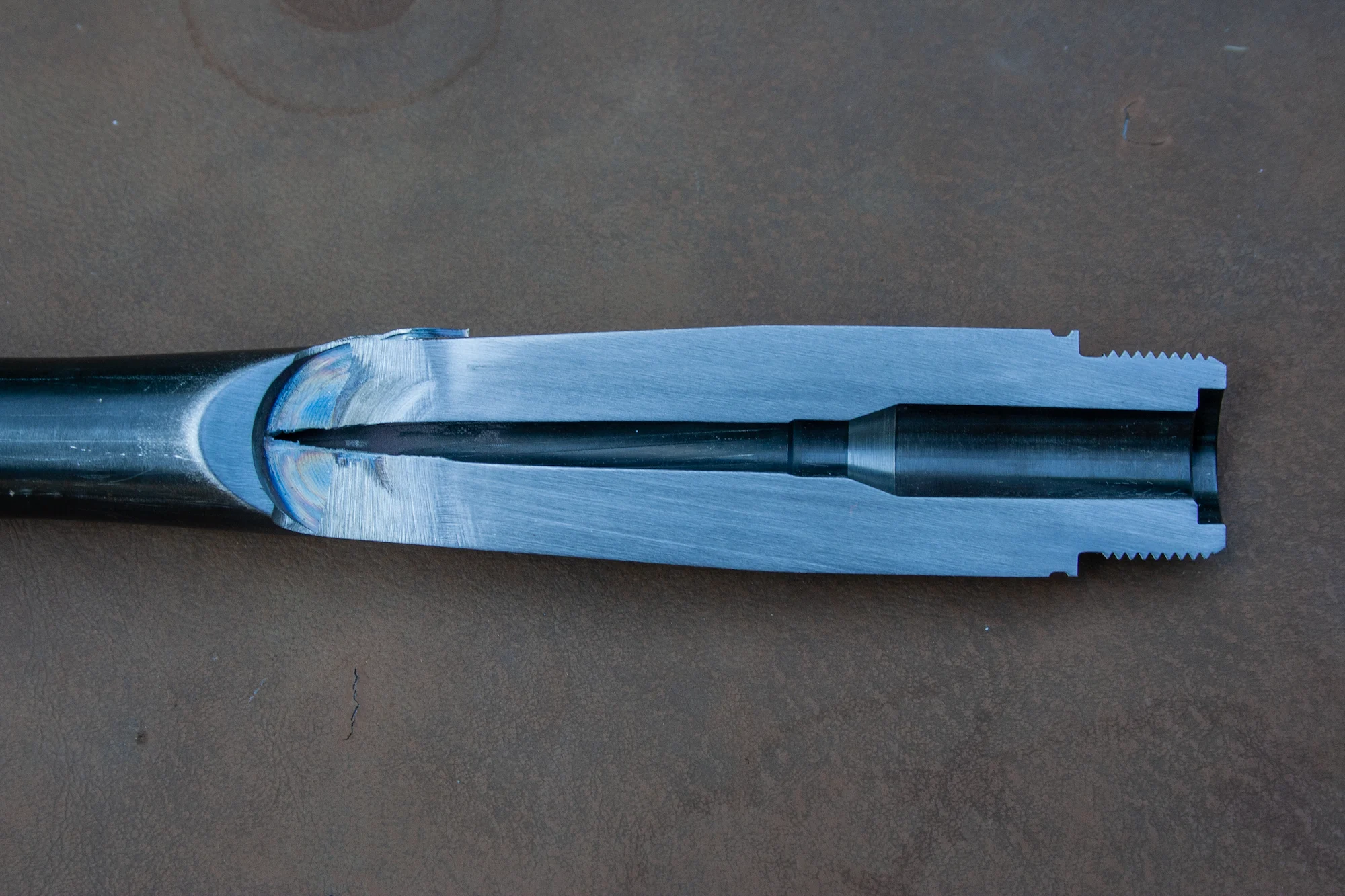
Douglas
Hart
Krieger
Lilja
Proof
Shaw
Shilen
1. Douglas
Douglas Barrels is one of the oldest and best rifle barrel makers on this list, and I have more experience with them than any other maker. This is partly because I’ve used Douglas Barrels for several custom rifle projects. It’s also because they were the barrel of choice of Melvin Forbes at New Ultra Light Arms, and I’ve owned or tested more than a dozen of his rifles. Douglas barrels have been made in West Virginia for more than 70 years. They’re button rifled and are available from .17- to .50-caliber, unfinished, unthreaded, and unchambered, or ready for installation. They also offer a fitting service and will install one of their barrels on your action for around $500. A premium, air-gauged, Douglas barrel will cost between $250 to $500.
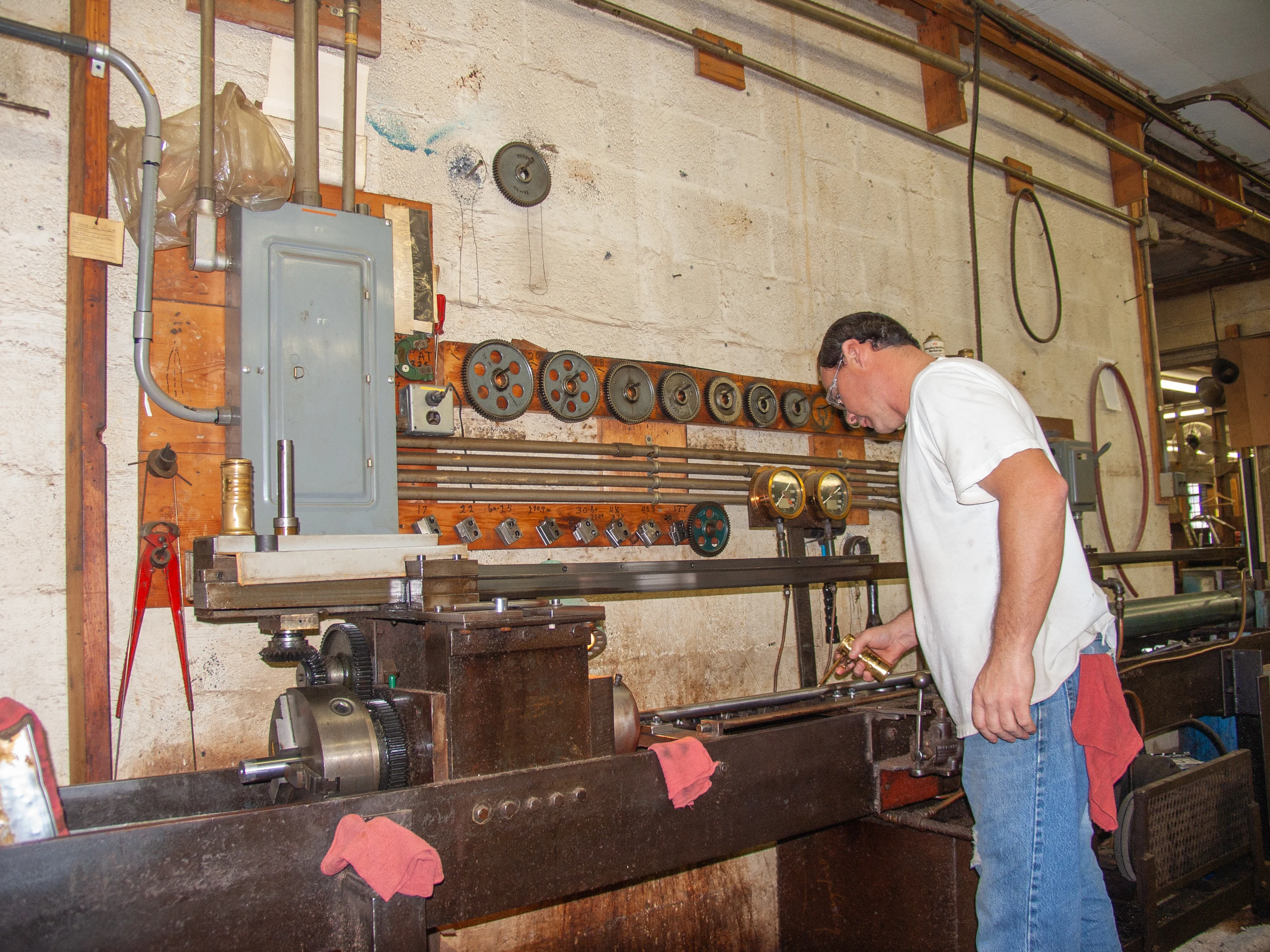
2. Hart
Charles and Clyde Hart started making barrels in 1953 and like with most of the barrels on this list, matches have been won and records have been set with them. My experiences with Hart barrels are limited to just a few custom rifles, but they’ve all been positive. Hart Rifle Barrels advertises a maximum tolerance of 0.0005-inch in bore diameter, with no more than 0.0001-inch of run out from breach to muzzle, and all their barrels are button rifled, air-gauged, and made with 416 stainless steel. Hart also hand laps their barrels and offers a wide range of fluting designs. They offer barrel blanks, finished barrels, and replacement barrels, and they’ll also install one of their barrels on your action, and bed and finish if desired. Prices start at $390.
3. Krieger
Krieger Barrels claims that the smallest five-shot, 100-yard group ever fired, was fired in 2013 with one of their barrels. It measured 0.0077-inch! Krieger builds barrels from 0.20-caliber to 4-bore, and they’ve been rifle barrel makers since 1982. All Krieger barrels are either 416 stainless steel or 4140 chrome-moly steel. Krieger barrels are single-point cut-rifled, and hand lapped after reaming and after rifling, which is the most time-consuming method for rifling a barrel. Krieger claims their barrels will last longer than button-rifled barrels. Krieger does not offer drop-in barrels except for the AR15 and the DPMS LR308. Prices run from around $420 to $630, and do not include fluting, chambering, or Parkerizing.
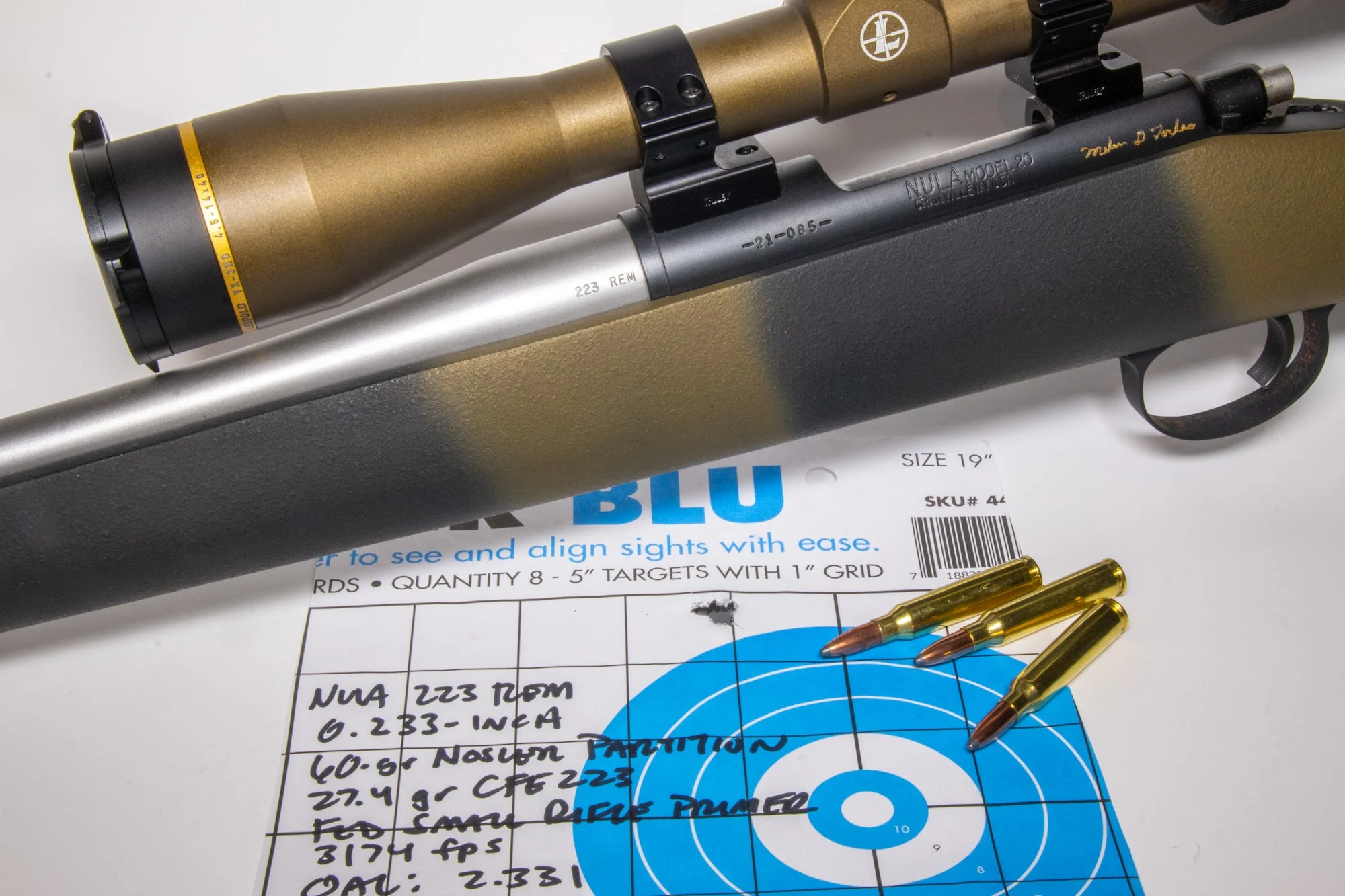
4. Lilja
The smallest three-shot group I’ve ever fired at 100 yards, was fired with a Lilja barrel. It was on a heavy barreled 223 WSSM rifle built by custom rifle builder Charlie Sisk, and it measured 0.101-inch – It was literally a bug hole. Sisk really likes Lilja barrels and in his book, Selecting and Ordering a Custom Hunting Rifle, he wrote, “It has been my experience that Krieger and Lilja have the straightest barrels.” Lilja Barrels was started in 1985 by an industrial engineer, machinist/tool maker. Lilja barrels have won many benchrest competitions and supply 0.30- and 0.50-caliber barrels to the Navy Seals. Lilja barrels are pull-button rifled and are made of either 416-stainless or 4140 chrome-moly steel. They offer drop-in, pre-fit, and custom barrels, and prices range from $420 to $585. It costs $270 extra, but you can even get a Lilja barrel with a double-step octagon contour.
5. Proof
Though they offer standard steel barrels, Proof Research is known for its aerospace-grade carbon-fiber-wrapped barrels. I’ve tested a few rifles outfitted with Proof barrels but have only had one custom rifle built with a Proof barrel. All those rifles shot very well, and none of them fouled excessively. The first rifle I had built for my 0.25-caliber wildcat cartridge has a 24-inch Proof barrel, and if it will not put five holes in a target at 100 yards that you can cover with a dime, I know it’s my fault. Proof Research is a relatively new rifle barrel maker founded in 2012, and they’re based in northwest Montana. Their barrels are cut-rifled and made of 416 stainless. They’re available in calibers from .20 to .375, and prices range from about $450 to $1000. Proof Research offers barrel blanks, threaded and chambered barrels, and pre-fit replacement barrels.
6. Shaw
Shaw Barrels can trace their roots to supporting the war effort during World War II. I used a fluted, 24-inch Shaw barrel on one of the first custom rifles I put together. It was a Remington 700 chambered in 270 Winchester, and I was very pleased with how well it shot. Shaw offers chrome moly or stainless steel button rifled barrels with or without straight or helical fluting, in calibers from 0.17- to 0.458. They also offer replacement barrels for a wide range of rifles, finishing and bluing services, barrel installation, and action modification are also available. Shaw barrels sell for between $190 to $695 depending on options, and Shaw also offers complete rifles and barreled actions.
7. Shilen
Shilen has been making barrels since 1955. My first Shilen barrel was used to build a 25-45 Sharps rifle on a Mossberg MVP action. That little rifle was a shooter and my son used it to take several animals in Africa on his first safari. Nosler uses Shilen barrels on their Model 21 rifle and the first five-shot group I fired out of mine—after the suggested break-in procedure—measured 0.56-inch. What you might find interesting is that Shilen will not flute a barrel. According to their website: “Fluting a barrel can induce unrecoverable stresses that will encourage warping when heated and can also swell the bore dimensions, causing loose spots in the bore.” Shilen barrels are available from 0.17- to 0.458-caliber, in stainless or chrome moly, and in a wide array of chamberings and contours. Prices run from about $250 to $600.
Rifle Barrel Makers: Some Good Advice
Practically speaking, if you get a barrel from any of these rifle barrel makers, and if it is properly installed on your action, you should be happy with the level of precision it will provide. All these manufacturers make great barrels. What you might want to seriously consider is going with a stainless steel barrel. According to rifle building authority Melvin Forbes, the higher lubricity of a stainless steel barrel will likely deliver slightly higher velocity, it’ll be easier to clean, and it should also last longer. And too, it’ll fend off corrosion a bit better. Melvin’s advice—and I concur—is to spend the seventy or so extra dollars and go with a stainless barrel.

